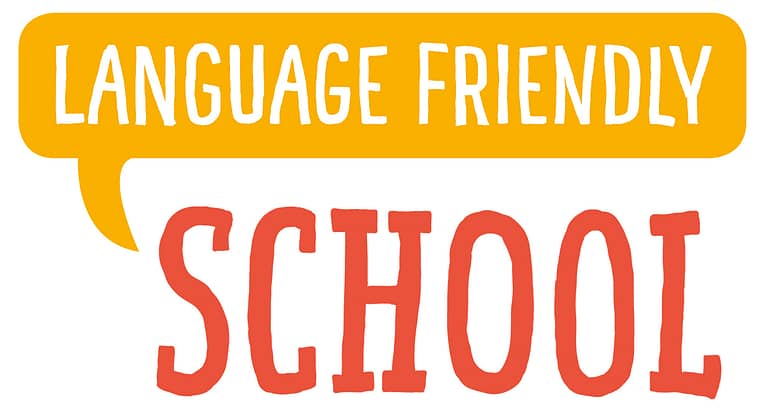Label
Basic requirements
Schools that wish to receive the Language Friendly School label, commit to the basic requirements.
- We do not prohibit, discourage or punish the use of other languages at school
- We do not allow exclusion or bullying around languages, dialects or accents
- We nominate a Language Friendly School Coordinator
- We develop a Language Friendly School plan together
Our Roadmap shows what Language Friendly Schools commit to, and provides ideas for activities as a school and in the classroom. Language Friendly Schools all have a different starting point, developing their plan based on what their school needs and what they can realistically accomplish.
Benefits for schools
- Professional learning network: Meetings with teachers and staff from other Language Friendly Schools, online meetings and in-person conferences.
- One-on-one support meetings for your school's LFS plan
- Online Platform
• Multilingual teaching strategies
• Videos and webinars
• Latest research findings - Project opportunities for teachers and school leaders
- Use of the logo and the name Language Friendly School / Taalvriendelijke School
- Access to a network of experts and researchers
- Showcasing the good practices at your school
- A sustainable, context-sensitive approach to welcoming linguistic diversity
- A language inclusive, anti-racist framework for educational equity
Key reasons to becoming a Language Friendly School
- Equitable approach to education
- Cognitive benefits for students
- Including parents in the school



